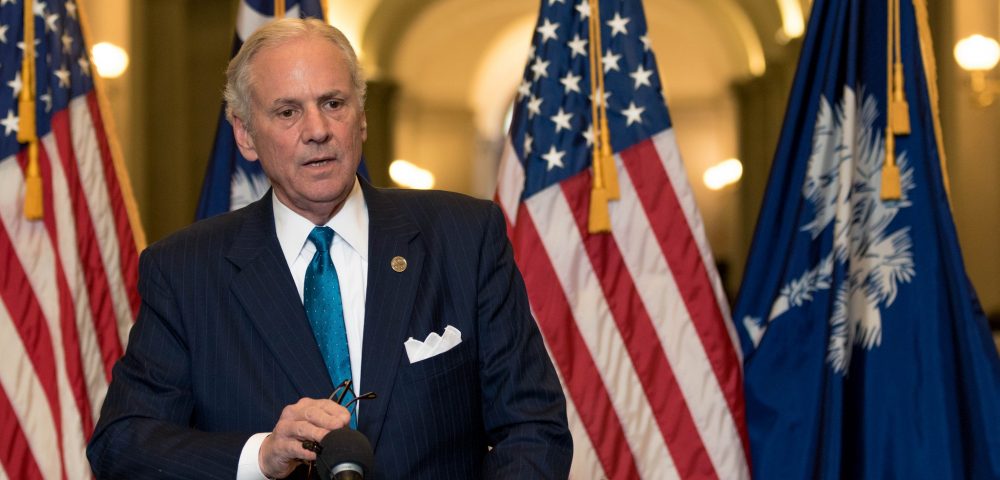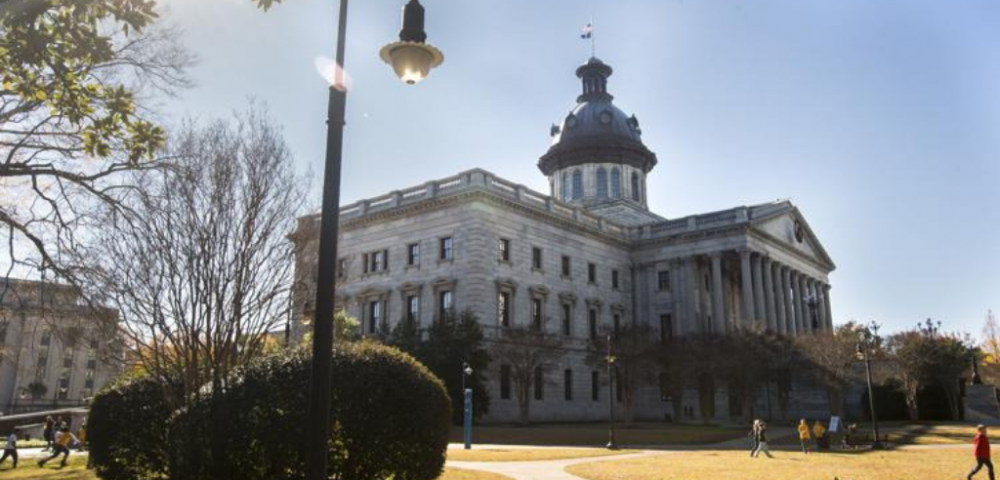Featured Image: Charleston City Paper
We’re two weeks into South Carolina’s 2020 legislative session and the talk around what to do with state-owned Santee Cooper continues.
The latest to speak out on the issue is founder and CEO of the Gullah Geechee Chamber of Commerce, Marilyn Hemingway, who was reported saying “Santee Cooper has forgotten its mission of providing low-cost services”, by The Chronicle.
During her interview, Hemingway referenced both the $250 million loss in 2009 after the state-owned utility pulled the plug on the Pee-Dee coal plant before construction finished as well as the billions of dollars wasted during the 2017 abandonment of the V.C. Summer project.
Furthering her point, she alluded to the millions of dollars spent in legal fees after these projects and the newly appointed executives who are paid more than any other state agency, $2.4 million annually.
On top of the overwhelming amount of evidence that points to the wasteful spending, Governor McMaster’s office released a statement stating “Paying off Santee Cooper’s debt will cost direct-serve customers in Horry, Georgetown, and Berkeley counties about $6,200 per household. It will cost customers of the 20 electric cooperatives who distribute Santee Cooper’s power about $4,200 per household.”
The statement left many confused after hearing from Santee Cooper this summer that it would be freezing rates. However, the latest move from Santee Cooper points to this claim as ringing false. The state-owned utility recently filed a motion to stop any reference to future rate hikes during their current class-action lawsuit, hoping to keep jury members in the dark. Critics say the move is similar to Santee Cooper’s lack of transparency during the V.C. Summer fiasco, which also kept ratepayers in the dark.
As lawmakers look at the proposals put in front of them, South Carolina residents, like Hemingway, are recognizing the inevitability of rate hikes if no change is made.
The statement released by Governor McMaster’s office continues by stating the “Governor instructed each of the interested purchasers that they will not consider any proposal which saddles the ratepayers or taxpayers with any of Santee Cooper’s $4.3 billion nuclear construction debt” and that they must provide the state with the best solution possible, one which protects ratepayers while recognizing the valuable contributions of current and former employees of Santee Cooper.”
It is unclear what lawmakers will decide to do with the state-owned utility; however, it is clear that millions of South Carolinians are at risk of increased utility rates and may not even know not it.
Hemingway concluded: “From our point of view, we should start over. Now is the time for South Carolina to show some leadership.”


